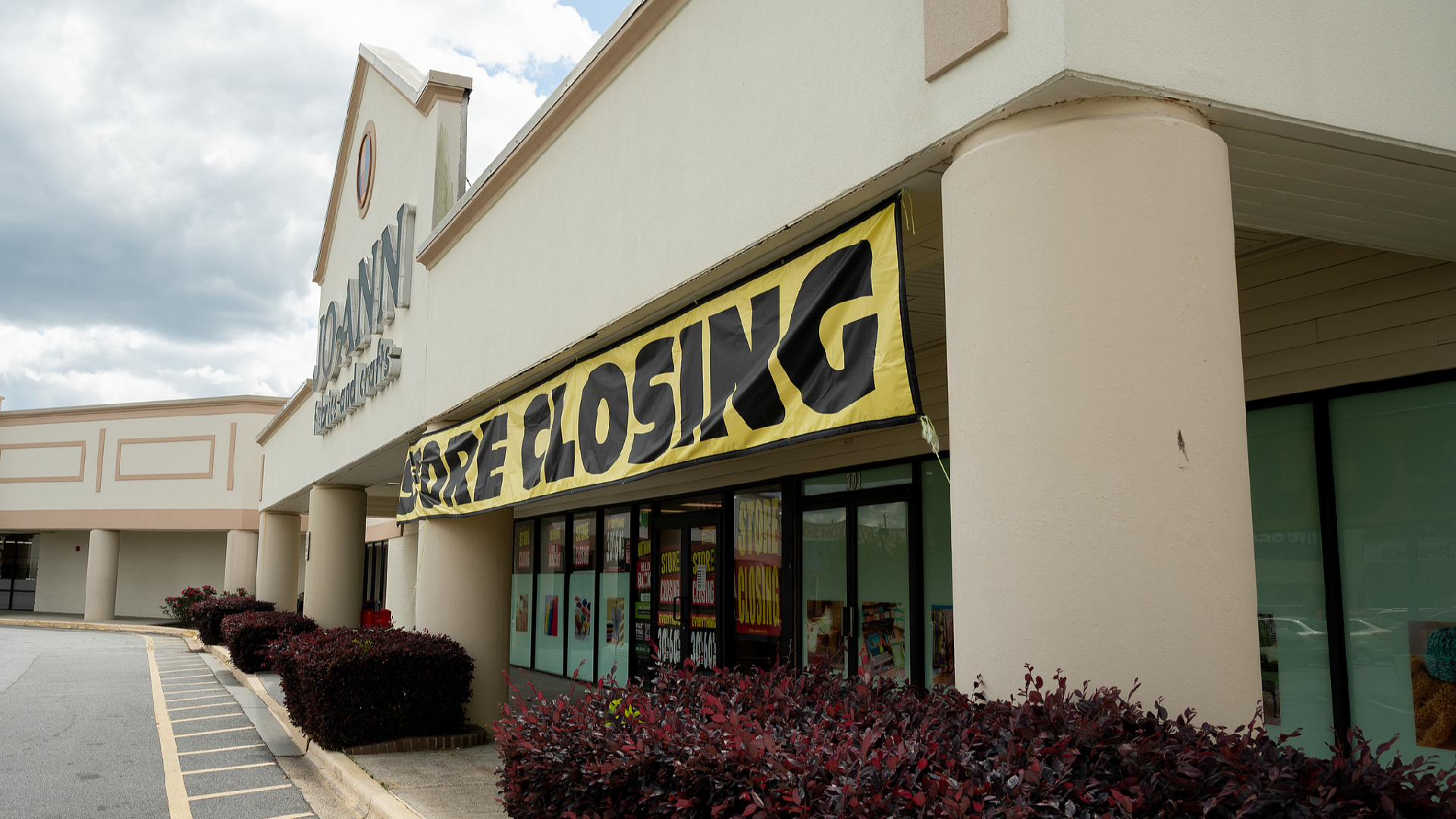Concerns about a US recession increase as tariff strategies fail
With the US implementing aggressive tariff measures, prominent American economists and think tanks caution that the policies designed to enhance economic strength may inadvertently be steering the nation toward a recession, with significant repercussions for American households.

A study conducted by the Budget Lab at Yale University, published on April 15, reveals that current US tariff policies are projected to result in an annual loss of $4,900 for the average American household. The report further anticipates that by 2025, the cumulative effects of all tariffs will reduce real GDP growth by 1.1 percentage points, leading to a long-term economic contraction of 0.6 percent, which translates to a $180 billion decrease in national output.
The job market also faces challenges. The Yale report forecasts that the U.S. unemployment rate will increase by 0.6 percent by the end of 2025, resulting in the loss of over 770,000 jobs.
In a separate analysis, the Peterson Institute for International Economics reiterated these concerns, estimating that US economic growth could stall in 2025, with a 40 percent likelihood of a recession occurring within the next year. The institute warned that GDP growth in 2025 could decelerate to merely 0.1 percent, while inflation continues to remain persistently high, with the personal consumption expenditures price index expected to rise to 4.0 percent.
Karen Dynan, a senior fellow at PIIE and a professor at Harvard University, expressed caution regarding the significant downside risks facing the US economy. She stated, "The US economy will slow sharply this year, as new tariffs and other American policy shifts dampen activity and fuel high global uncertainty."
Even Jerome Powell, the chair of the Federal Reserve, has recognized the associated risks, remarking that "the level of the tariff increases announced so far is significantly larger than anticipated. The same is likely to be true of the economic effects, which will include higher inflation and slower growth."
During his speech on Wednesday, Powell highlighted that various survey data and market indicators denote a discernible uptick in short-term inflation expectations, with many tracing this directly back to tariff policies.
Former US Treasury Secretary Janet Yellen underscored a crucial point of concern: "No one knows where these policies are headed. What firm, under these circumstances, with this level of uncertainty, is going to undertake long-term investment?"
Yellen emphasized that a drop in both investment and consumer spending could potentially initiate a recession.
Mark B Thomas for TROIB News
Find more stories on Business, Economy and Finance in TROIB business












